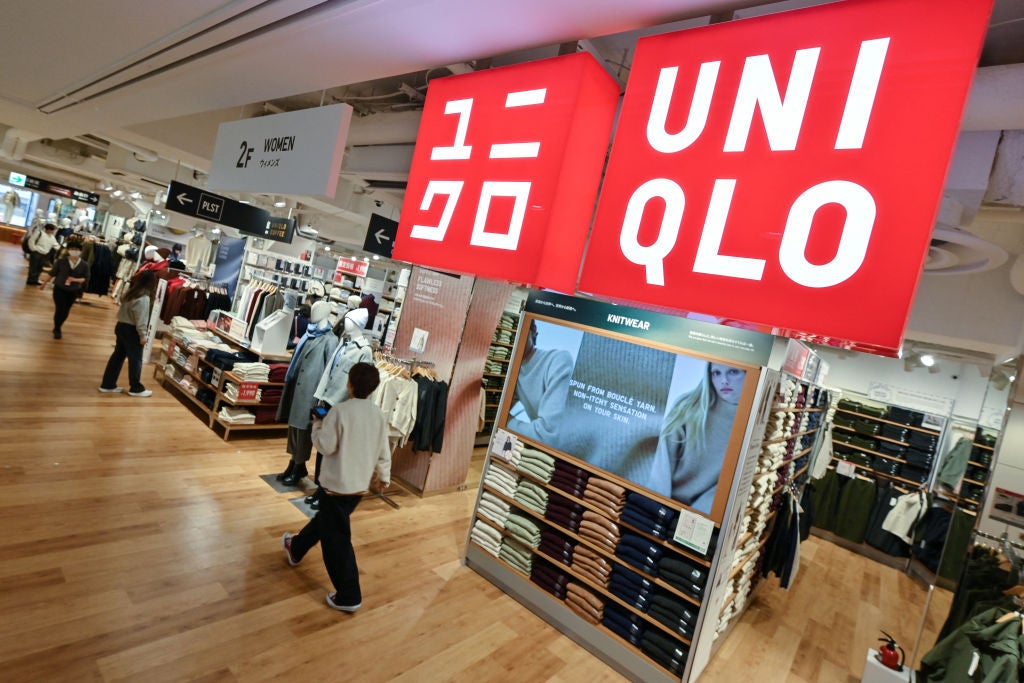Nearly half a million workers are set for a pay boost as the real living wage – paid voluntarily by 16,000 UK companies – rises to £13.45 an hour.
The real living wage is different to the national living wage, which is the statutory minimum in the UK. It is calculated each year based on the cost of essentials and is now paid by more than half of the companies in the FTSE 100.
The 6.7 per cent increase will come into effect in April, adding 85p an hour onto the optional payment rate. For workers in London, it will rise by 6.9 per cent, increasing by 95p to £14.80 an hour.

This year’s rise means a full-time worker earning the real living wage will take home £2,418 more per year than someone on the government’s minimum wage. For London workers, this will rise to £5,050, according to the Living Wage Foundation, which sets the rates.
The foundation said that despite economic challenges in the UK, the number of employers signed up to pay the real living wage has continued to grow, with nearly 2,500 new accreditations over the past year.
The employers commit to paying all their staff, as well as their third-party contractors like cleaners and security guards, at least the real living wage. One in seven employees across the UK now work for an accredited living wage employer.
Living wage employers include Ikea, Oxfam, Lush, Uniqlo, Aviva, Linklaters, KPMG and thousands more.

The latest research by the Living Wage Foundation found that rising inflation has left many of Britain’s 4.5 million low-paid workers struggling to afford the essentials over the past 12 months. Around 42 per cent had resorted to using food banks, increasing to 56 per cent of households with dependent children.
Katherine Chapman, executive director of the Living Wage Foundation, said: “We all need a wage that covers life’s essentials, and the real living wage is the only UK wage rate independently calculated based solely on what is needed to cover rising living costs.
“The new rates announced today will make a massive difference to workers and their families, helping them to better cope with the costs of rent, bills, food and other essentials, and to live with stability and security.”

Alessandro Dudech, Uniqlo UK chief operating officer, said: “Uniqlo is delighted to be accredited by the Living Wage Foundation in the UK. We believe that ensuring our employees are fairly compensated for their hard work is essential for fostering a motivated and productive workforce.”
The statutory minimum wage has also seen significant increases in recent years, and is expected to rise to £12.71 in April from the current £12.21, depending on the Low Pay Commission’s final recommendations to chancellor Rachel Reeves.
Unlike the real living wage, this minimum is also lowered for ages below 21. However, Labour said in its manifesto that it intends to gradually equalise pay brackets so younger workers are no longer paid less.



